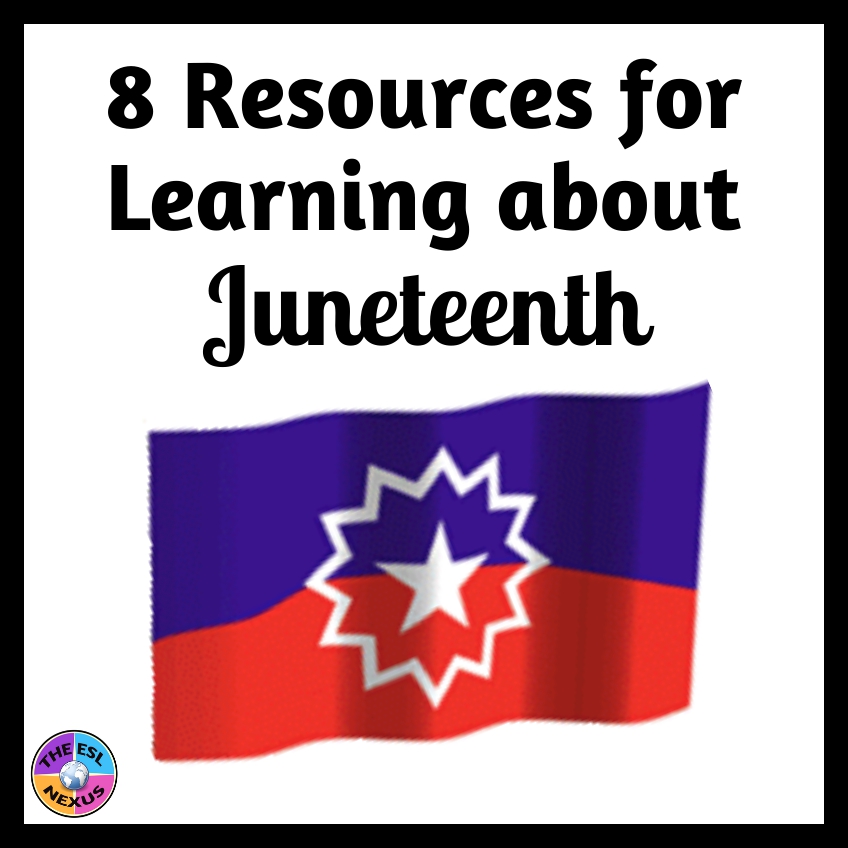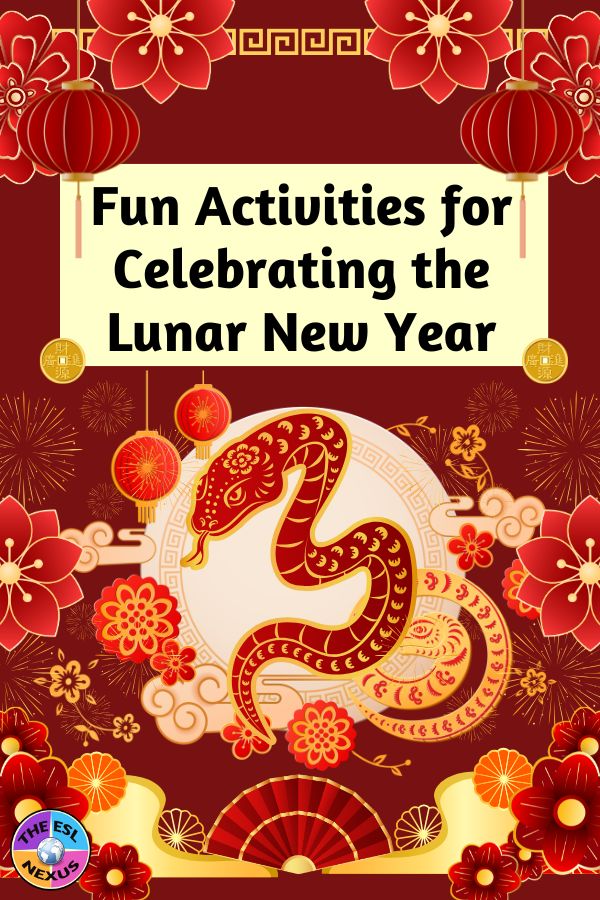In a video chat this past weekend with my sister and cousin, they both said the companies they work for have made Juneteenth a holiday with the day off for employees. I did not learn about Juneteenth when I was in school nor did the businesses or schools I worked for designate it a holiday. It’s great to see that times have changed; at the least, it’s a start in the right direction.
But what, exactly, is Juneteenth? It’s the day that slavery finally ended in the United States: June 19, 1865. Although the Emancipation Proclamation had officially abolished slavery in 1863 in the states that had seceded, not all of those enslaved people knew they were free then. Some Southerners didn’t inform the enslaved people they held captive because they wanted to continue using their forced labor. Many enslaved people in Texas didn’t know they were free until Major General Gordon Granger made an announcement in Galveston, Texas on the nineteenth of June, 1865.
 |
| Juneteenth flag originally created by Ben Haith; this image modified by The ESL Nexus |
Starting in 1866 in Texas, Juneteenth has been celebrated by African-Americans as a day of emancipation and independence, with parades and ceremonies commemorating its significance. In 1980, Juneteenth became an official state holiday in Texas. It is now a state holiday in 45 additional states plus Washington, D.C.
Below are some resources for you and your students to learn more about this holiday:
* From Juneteenth.com, information about the history of the holiday, with links to more information about it
* From Teaching Tolerance, an article with background information on teaching about the holiday
* From ReadWriteThink, a lesson plan about Juneteenth for Grades 5-12
* From Ducksters, an easy-to-understand explanation of the holiday that is helpful for ELLs, elementary students, and students reading below grade level
* From Mental Floss: 12 Things You Might Not Know About Juneteenth; facts about the holiday
* From NPR, an audio recording of an interview from 1941 with a formerly enslaved person who recalls being told she was freed (Warning: Language considered offensive nowadays is heard in the recording but I thought the historical interest of hearing the recollections of someone who had been enslaved outweighed her use of outdated language)
* An article in Slate: The Black American Holiday Everyone Should Celebrate But Doesn’t; this essay by Jamelle Bouie gives the history of the holiday and explains why it’s not just for African-Americans
* An article from The New York Times: So You Want to Learn About Juneteenth? published 6/15/20, it has information about why Juneteenth is in the news now
As people around the world face up to the effects of systemic racism, I hope these resources will help you and your students learn more about African-American history in the United States.




